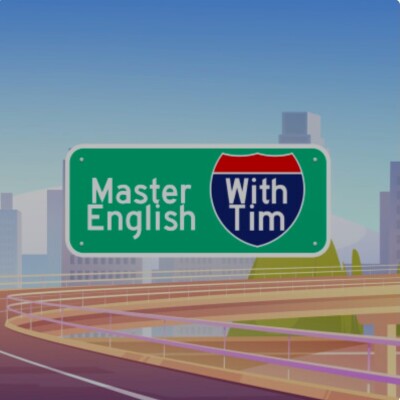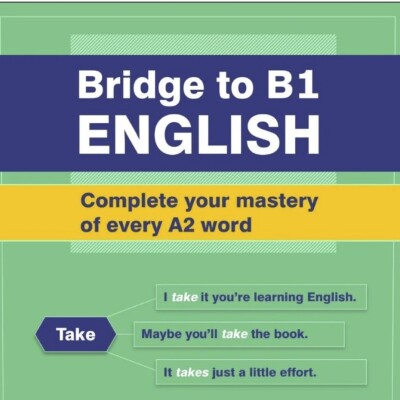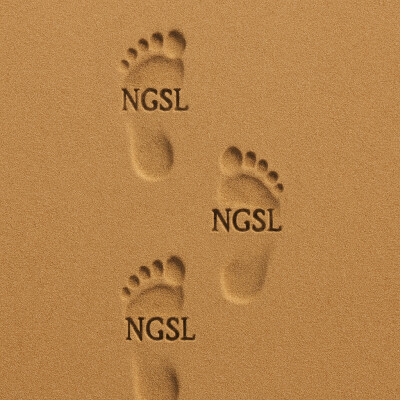Description
Wanna master English? Then master the details of English listening, English vocabulary, and English grammar.
-Master English listening: Learn real world pronunciations like "gonna", "hafta" and "didja" instead of the language you hear in the classroom. Understand spoken English more clearly and with greater detail.
-Master English vocabulary: Focus on NGSL vocabulary- the most used words. Each word has different meanings and functions- enjoy exploring them. Learn these words in depth and detail to score higher on TOEFL and IELTS.
-Master English grammar: focus on English verbs, English verb tenses and English parts of speech. Combine hundreds of real examples with the deep patterns behind them to learn English grammar.
Tim has taught English since 2005, and he'll help you move up from intermediate to advanced English.
Hosted on Ausha. See ausha.co/privacy-policy for more information.










